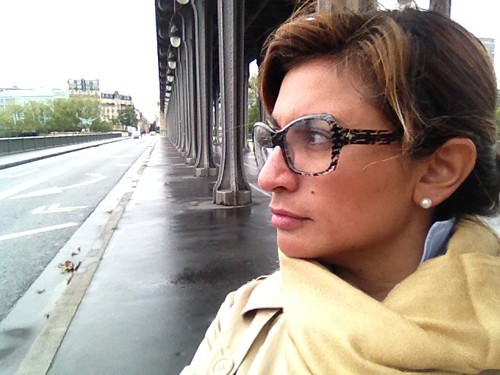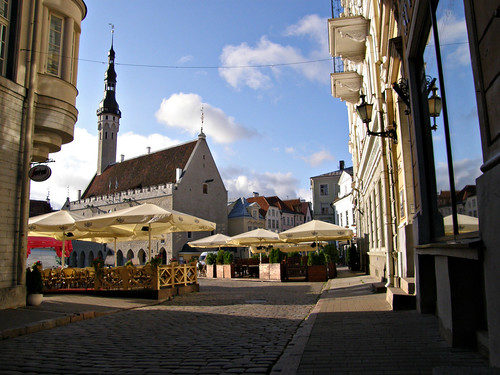In a recent post Mark Johnson (Bolton Univeristy, UK) shares some thoughts on “The Personal Learning Environment and the Institution of Education“:
Learning and Education are not the same, although they are often confused. Whilst technology has augmented and transformed the means by which individuals can do the work of learning, the institution of education has developed in different ways, harnessing technology to increase their dominance and power in the lives of more and more people. This appears contradictory: how can a technology which makes the means of learning more available contribute to the rise educational institutions who, despite rising costs borne by students, take a stranglehold over the business of education, and the lives of learners the world over?
To understand this, I think the economic critique of Higher Education by Thorstein Veblen – a critique whose pertinence to the current situation is remarkable – and the recent work of John Searle on social ontology are both very useful. Both Veblen and Searle are united in a particular focus on ‘status’. For Veblen, Education is a status game played by the aspirant members of the ‘leisure class’ in their effort to imbue their lives with meaning through becoming admitted to the ‘priesthood’ of knowledgeable people. Veblen documented and satirised transformations to educational institutions at the end of 19th century which could easily apply to those today: the pathologies of managerialism are now new (Veblen called it “absentee ownership”). Having said this, it is not entirely clear what Veblen means by status.
Searle’s recent work on social ontology discusses what he calls ‘status functions’ – particular kind of speech act which relate to networks of rights, responsibilities, obligations and commitments. Searle explains social phenomena like money (e.g. “I promise to pay the bearer..”), nation states and institutions in this way. The analysis is useful when we come to look at the relationship between ‘personal learning’ and University degrees. There are fundamental differences between the patterns of rights, responsibilities, obligations and commitments between ‘personal’ or informal learning and a University degree, despite the fact that there are similar end-results in terms of skill acquisition and learning. If it is the case that institutions are increasing their power and that students are not turning their back on them to self-educate, does this tell us something about the power of status declarations in society more generally, and whether Veblen is right that the principal driver of education is in increasing status rather than increasing knowledge?
I think that this is an important question with far-reaching consequences for the way that we think about the future of education. Many advocates of the PLE assumed that the purpose of education is learning, and that technology can serve that purpose as well as institutions (if not better). But what would a PLE look like if its focus was on increasing status, not learning? Can technological forms of personal learning, or even learning through MOOCs, ever be functionally equivalent to institutional education? And what are we to do with those powerful educational institutions for whom initiatives like the PLE might ultimately only serve to drive more people into their clutches?
[via Mark Johnson’s Weblog “Daily Improvisation“]


 Every time we meet for organizing the next PLE Conference, there are some –typical I guess- worries in the air: We are not a “serious conference”, yes we have papers (published in our proceedings), and we published some of them in relevant journals, but we are little, we have not “proper” sessions of presenting, we normally publish every single part of the conference online, so
Every time we meet for organizing the next PLE Conference, there are some –typical I guess- worries in the air: We are not a “serious conference”, yes we have papers (published in our proceedings), and we published some of them in relevant journals, but we are little, we have not “proper” sessions of presenting, we normally publish every single part of the conference online, so